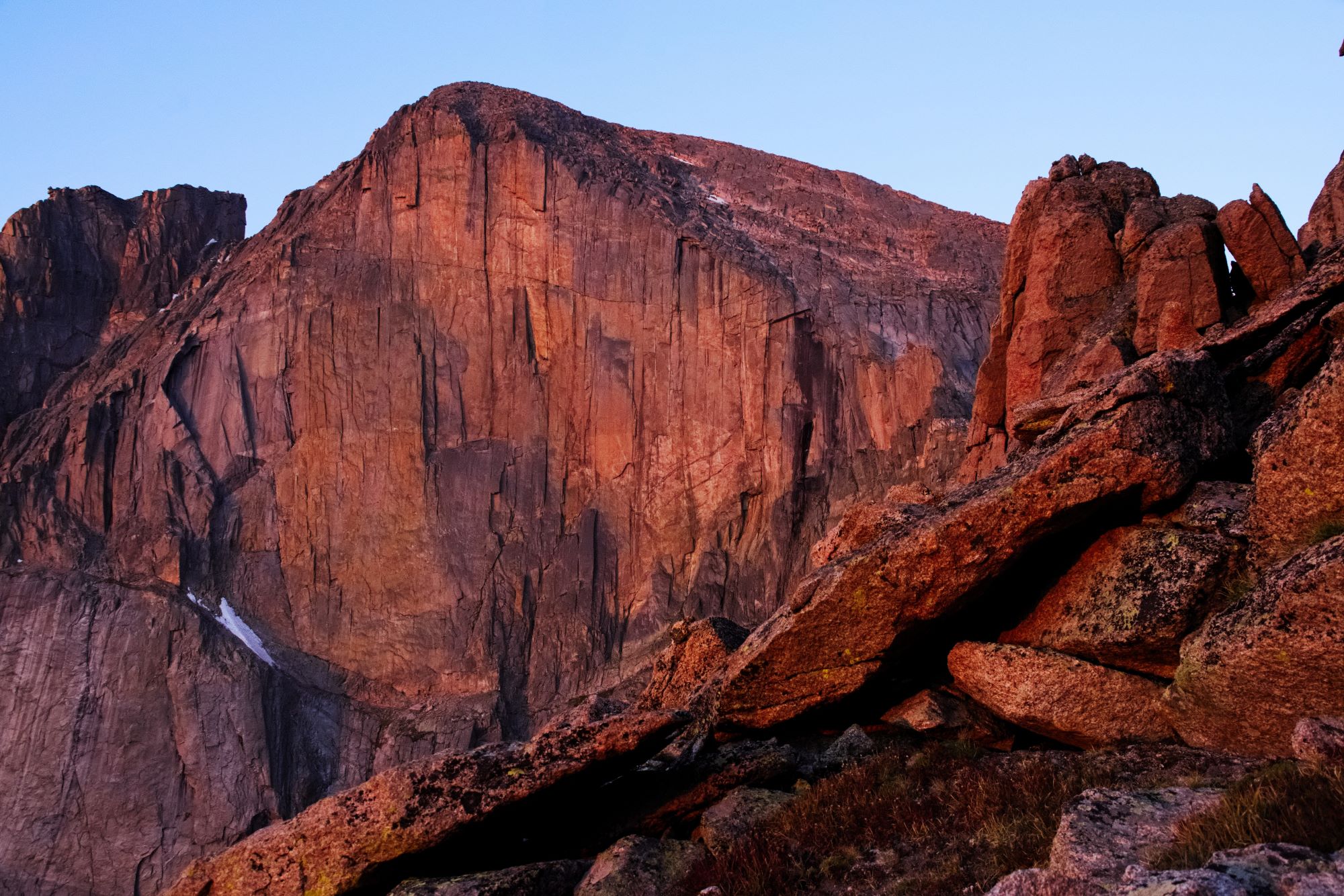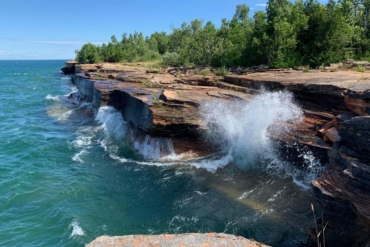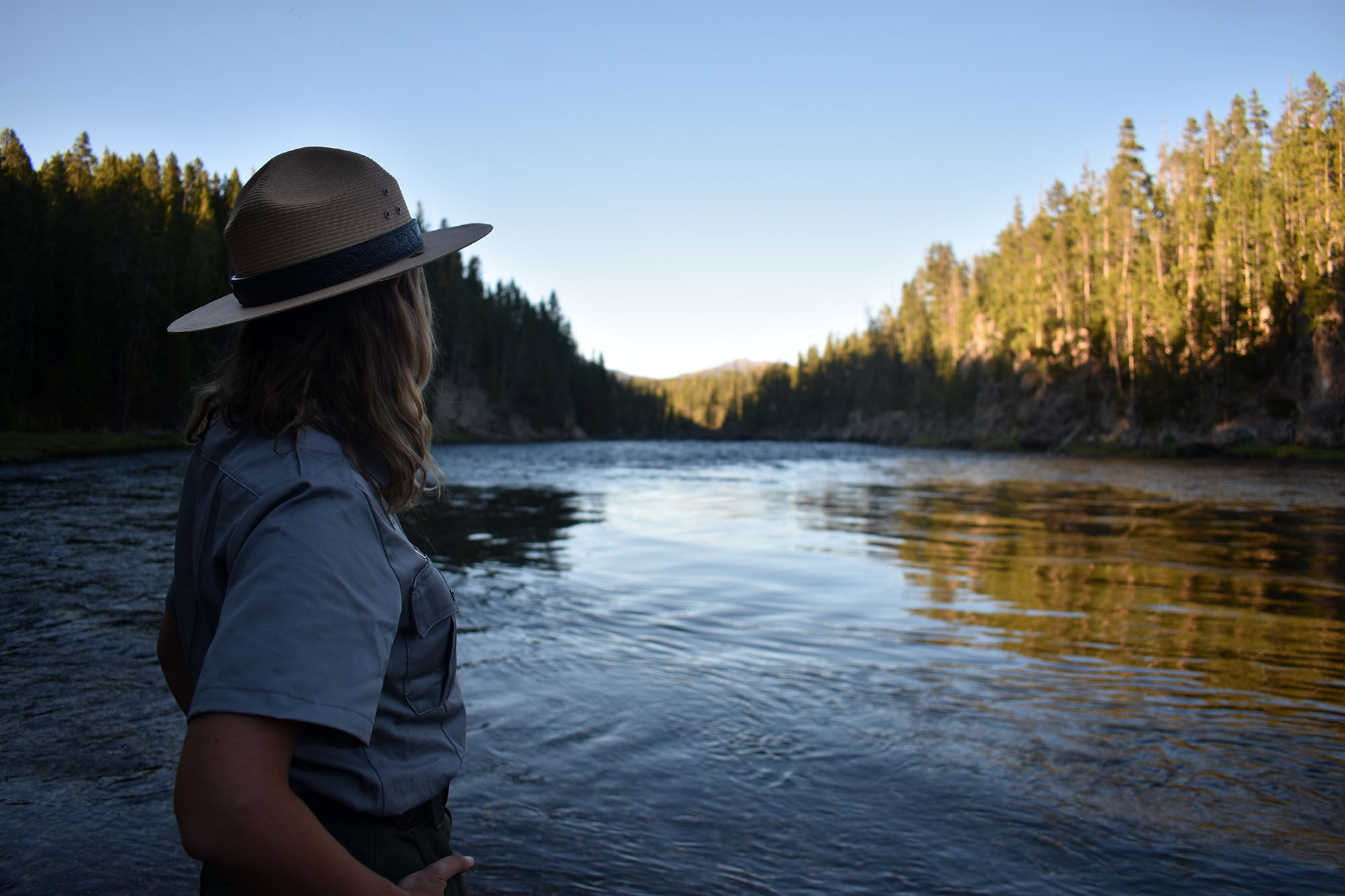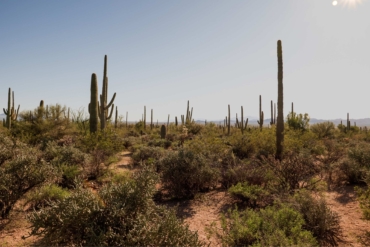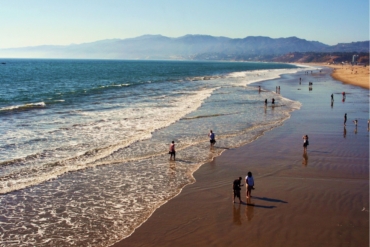On March 16, Senators Joe Manchin (D-WV) and John Barrasso (R-WY) re-introduced the America’s Outdoor Recreation Act (AORA) in Congress. The sweeping bill rounds up multiple smaller pieces of outdoor legislation, boasts support from both sides of the aisle, and could significantly reshape federal policy on public lands.
The bill folds in key elements of previous bills that stalled in Congress: The Simplifying Outdoor Access for Recreation (SOAR) Act, the Outdoor Recreation Act, and the Recreation Not Red Tape Act. It also clarifies the work and objectives of the Federal Interagency Council on Outdoor Recreation (FICOR), which the Biden administration first approved in 2022.
In a summary that called the bill “commonsense,” the Outdoor Recreation Roundtable Association said it would “appropriately meet the growing demand for access to the outdoors while also protecting public lands and waters for future use by improving experiences and access for all, advancing conservation efforts, mitigating the impacts of increasing visitation, and continuing to grow the outdoor recreation economy.”
According to the Washington, D.C.-based coalition of outdoor trade associations, that economy is worth $862 billion in annual economic output. It accounts for 1.9 percent of the GDP and 4.5 million American jobs.
The bill has always been popular among outdoor advocacy groups like the Outdoor Alliance, and this time, the nonprofit seeks to make it easy for anyone to make their voice heard via a letter submission portal on its website.
Manchin introduced the AORA in 2021, and the Senate last considered a version of it in May 2022, but it did not receive a vote.
America’s Outdoor Recreation Act: Key Points
Barrasso said AORA would “modernize public campgrounds, establish shooting ranges on federal forests, and ensure increased access to public lands.” He added it would “benefit everyone who enjoys the outdoors in Wyoming and across the nation.”
The Senate Committee on Energy and Natural Resources, of which Manchin is chairman, summarized the AORA’s main initiatives. It would:
- Direct the Department of the Interior and the Forest Service to establish a pilot program for public-private partnership agreements to modernize campgrounds on Federal land.
- Ensure that outdoor recreation is considered by land managers alongside other uses of federal land by directing the Forest Service and the Bureau of Land Management (BLM) to consider ways to improve recreation when developing and revising land management plans.
- Support rural communities adjacent to recreation areas by providing technical and financial assistance to local businesses, including hotels, campgrounds, and restaurants, to support visitation.
- Direct the Forest Service to issue guidance for recreational climbing in designated Wilderness Areas and requires the Forest Service and BLM to designate many new shooting ranges on national forests and BLM land.
- Aim to modernize recreation sites by directing agencies to work with the Department of Commerce to construct broadband internet infrastructure at certain recreation sites.
- Direct the federal land management agencies to identify opportunities to extend the period recreation areas on Federal land are open to the public during shoulder seasons.
The Outdoor Recreation Roundtable Association pointed out what it would not do. According to the coalition, the AORA wouldn’t:
- Allow for unplanned recreation that could harm natural resources
- Cost taxpayers more money
- Contribute to the degradation of resources at high-impact sites
- Amend the Wilderness Act or any other conservation law
- Cut off access for any user group
Bolstered with support across the outdoor industry, the 164-page bill readies for a vote in the Senate. The Committee on Energy and Natural Resources provides a one-page primer on the legislation.
The bill has broad support among state outdoor rec offices, organizations, and brands. You can lend your support and submit your thoughts to Congress through the Outdoor Alliance’s personalizable letter portal.

